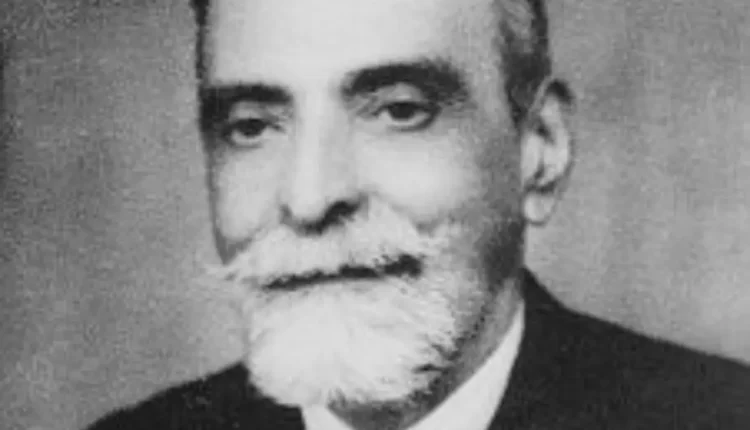Indalencio Pascoal Froilano de Mello (17 May 1887 – 9 January 1955) was a Portuguese-Brazilian microbiologist, medical scientist, professor, author, and an independent MP in the Portuguese parliament. His contributions to science and public health, as well as his impactful political career, have left an indelible mark on both Portuguese India and the broader scientific community.
Early Life and Education of Indalencio Pascoal Froilano de Mello
Born in Benaulim, Salcette, Froilano de Mello was the eldest son of Constâncio Francisco de Mello and Delfina Rodrigues. Despite the early death of his father, which plunged the family into financial difficulties, Froilano pursued his education with determination.
Graduating as a medical doctor in Panjim, he later repeated his studies in Porto, Portugal, and returned to Goa with a diploma in Tropical Medicine from the University of Lisbon.
Academic and Scientific Career
At the young age of 23, Indalencio Pascoal Froilano de Mello began his academic career as a professor at Goa Medical College in 1910. His research in microbiology and parasitology, conducted at the Bacteriological Institute in Campal, Goa, garnered international acclaim. His work led to the discovery of thousands of protozoa, parasites, and microbes, many of which bear his name.
Mello’s commitment to sharing knowledge saw his research published in multiple languages, ensuring wide dissemination. He held esteemed positions as a professor in prestigious institutions like the University of Sorbonne and the University of Porto, and was a visiting scholar at the Kaiser Willhelm Institute and the Max Planck Institute in Germany.
Public Health Initiatives and Medical Campaigns
Indalencio Pascoal Froilano de Mello’s passion for public health led to significant advancements in Portuguese India. He established the first leprosarium in Asia at Macasana and the TB sanitarium in Margao. His meticulous mapping of wells in Old Goa and subsequent closure of mosquito breeding sites played a crucial role in reducing malaria.
As Chief of Public Health for Portuguese India, Indalencio Pascoal Froilano de Mello introduced urban sanitation measures, including the Sanitary Police in Panjim. His initiatives to combat rabies and reduce snakebites through reward schemes demonstrated his innovative approach to public health challenges.
Political Career and Contributions
Mello’s political career was marked by his tenure as the mayor of Panjim from 1938 to 1945, where he implemented urbanization projects that transformed the city.
Elected as an MP in the Portuguese parliament in 1945, he was a rare independent voice among the members of Salazar’s União Nacional party. He championed the repeal of the discriminatory Portuguese Colonial Act of 1930 and later advocated for the independence of Portuguese Indian colonies.
Later Years and Legacy
Facing political persecution from Salazar’s regime, Mello emigrated to Brazil in 1951, where he continued his research in protozoology. His discoveries in the intestines of termites and his contributions to Brazilian science are a testament to his enduring passion for research.
Also Read:Ashok Gandotra: Blending Cricket and Academics with Grace

